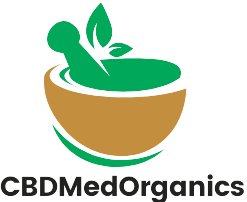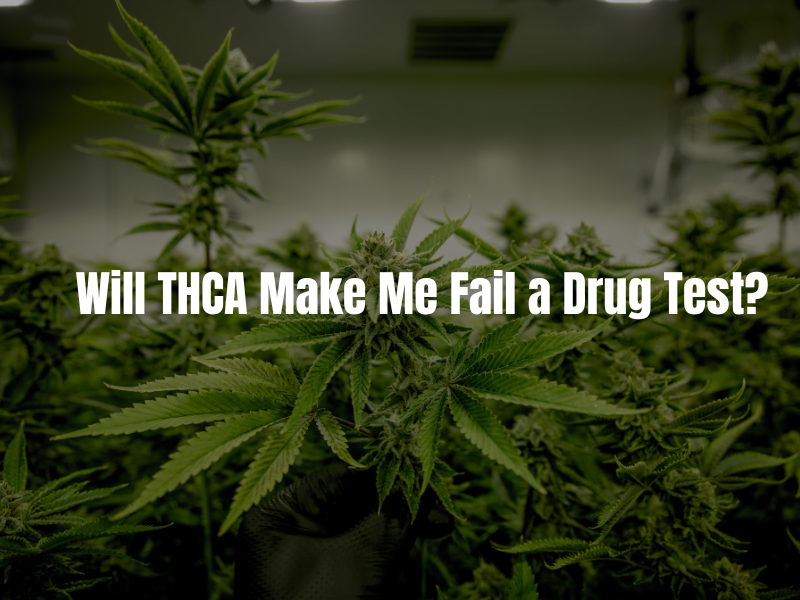THCA is popping up in hemp products everywhere—from flower and concentrates to tinctures and pre-rolls. With its growing popularity, especially as a legal way to access THC-like effects, many users have one burning question: Will THCA make me fail a drug test?
At the THCA dispensary of Green Herbal Care, we’re all about clarity and confidence when it comes to plant-based wellness. So, if you’re navigating a job requirement, legal matter, or personal concern around drug testing, here’s what you need to know about THCa and its impact on test results.
What Is THCA?
Let’s rewind for a second. THCA stands for tetrahydrocannabinolic acid, the raw, non-psychoactive compound found in fresh hemp and cannabis plants. It only turns into delta-9 THC—the stuff that gets you high—when you apply heat, like through smoking or vaping.
So, in theory, THCA isn’t intoxicating. But the problem is, drug tests don’t care about theory—they care about what ends up in your system.
Will THCA Show Up on a Drug Test?
Yes, it can. Even though THCA itself isn’t psychoactive, once it’s heated and converted into THC, it behaves in your body just like any other form of THC. That means your body metabolizes it into THC-COOH, the chemical compound most drug tests are designed to detect.
Here’s how it breaks down:
- Drug tests don’t look for THCA specifically.
- Instead, they look for THC metabolites in urine, blood, or hair samples.
- If you’ve heated and consumed THCA, your body will likely produce those metabolites.
- Result? You may fail a drug test—even if your product was technically “hemp-derived.”
So, if you’re using THCA in a way that involves smoking, vaping, or baking, you should expect the same drug test risks as someone using traditional THC.
Factors That Can Affect Your Drug Test Outcome
Not everyone will test positive at the same rate. Several variables come into play:
- How You Consume THCA
-
-
- Raw consumption (like THCA tinctures or capsules without heat) may not result in THC metabolite formation.
- Heated consumption (smoking, vaping, dabbing, baking) will likely cause your body to produce detectable THC metabolites.
-
- Frequency of Use
The more often you purchase THCA hemp flower online and consume it (especially in large amounts), the higher the risk of testing positive. THC metabolites can build up in fatty tissue and remain detectable for days or even weeks after use.
- Your Body and Metabolism
Factors like hydration, diet, exercise, and individual metabolism affect how quickly THC metabolites are processed and eliminated from your system.
- Type of Test Used
Most standard drug tests (like urine tests) are highly sensitive to THC-COOH. Hair and blood tests may detect it even longer after consumption.
Legal vs. Detectable: A Common Misunderstanding
Here’s the catch: Something can be legal and still make you fail a drug test.
THCA products derived from hemp are federally legal under the 2018 Farm Bill, as long as they contain less than 0.3% delta-9 THC by dry weight. That legal status, however, doesn’t change how your body processes it after you heat and burn or vaporize it.
So even though you’re staying within legal limits, drug tests aren’t checking legality—they’re checking chemistry.
How to Minimize Risk (If You’re Being Tested)
If you’re subject to regular or random drug testing, but still want to explore hemp wellness, here are some ways to reduce your risk:
- Avoid heating THCA: Use raw tinctures, capsules, or topicals that don’t involve heat and aren’t decarboxylated.
- Choose broad-spectrum or CBD-only products: These are less likely to contain any THC or THCA.
- Look for lab reports: Only purchase from brands that provide third-party lab testing, like Green Herbal Care, so you know exactly what’s in your product.
- Communicate if needed: In some cases, you may be able to explain legal hemp use to your employer—but that depends heavily on the policies involved.
Final Thoughts: Should You Use THCA If You’re Being Tested?
If you’re not subject to a THCA drug test, this cannabinoid offers an exciting and versatile way to explore the hemp plant—especially since it can convert into a high similar to traditional THC when heated.
But if you’re facing a potential test for work, school, or legal reasons, proceed with caution. Once heated, THCA behaves just like THC in your body—and drug tests are unlikely to tell the difference.
At Green Herbal Care, we’re committed to transparency and education. Always check labels, know your local laws, and make informed choices that align with your needs and responsibilities.
FAQs
Q1. Can I fail a drug test from raw THCA tinctures or capsules?
A1. Possibly not—if the product isn’t heated or decarboxylated, your body may not convert THCA into THC. But there’s still a slim chance of trace THC metabolites, depending on the formulation.
Q2. How long does THCA (once heated) stay in your system?
A2. It depends on how much and how often you use it. THC metabolites can stay in your body anywhere from a few days to a few weeks, especially in regular users.
Q3. What kind of test is most likely to detect THC from THCA?
A3. Urine tests are the most common and sensitive to THC-COOH, the main metabolite of THC. Hair tests can also detect long-term use.
Q4. Are there any THCA products safe to use before a drug test?
A4. There’s no guarantee. If you’re being tested, it’s safest to avoid any THCA product that could convert into THC—even if it’s legal.
Q5. What should I look for on a product label to avoid accidental THC?
A5. Check for phrases like “decarboxylated,” “active THC,” or “intended for smoking.” Also, review lab results that show exact THCA and delta-9 THC levels.

